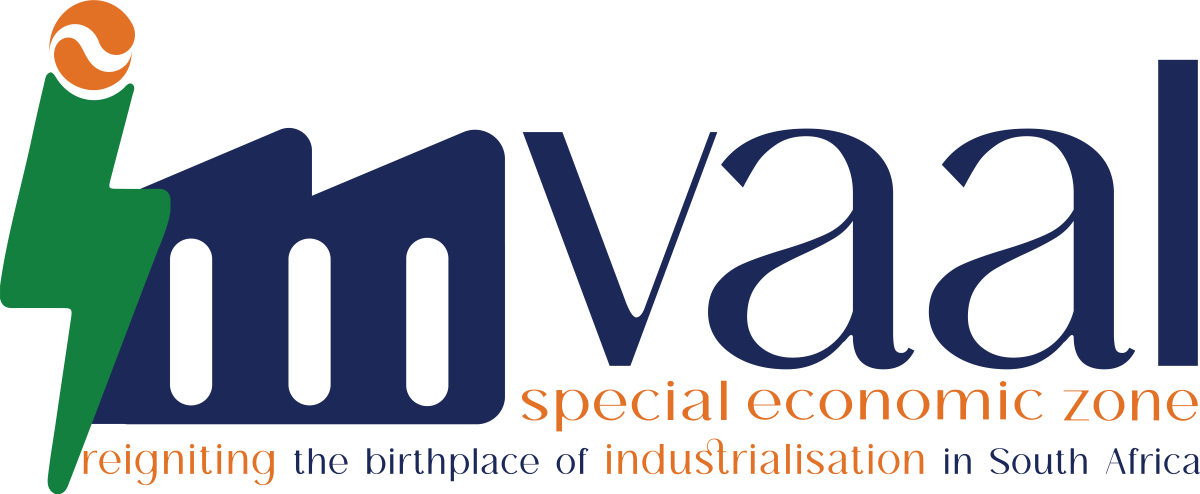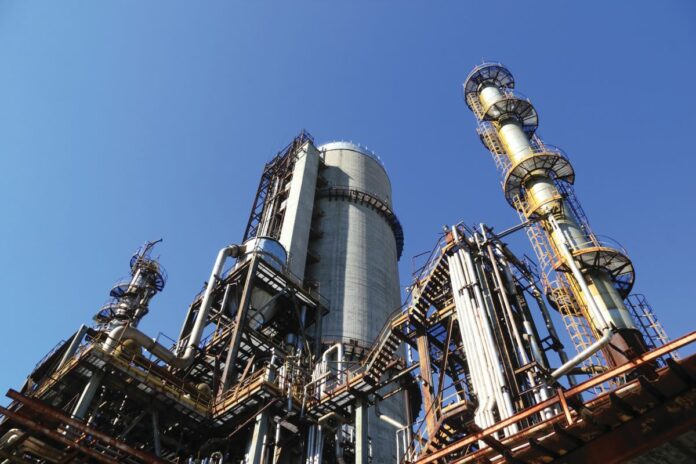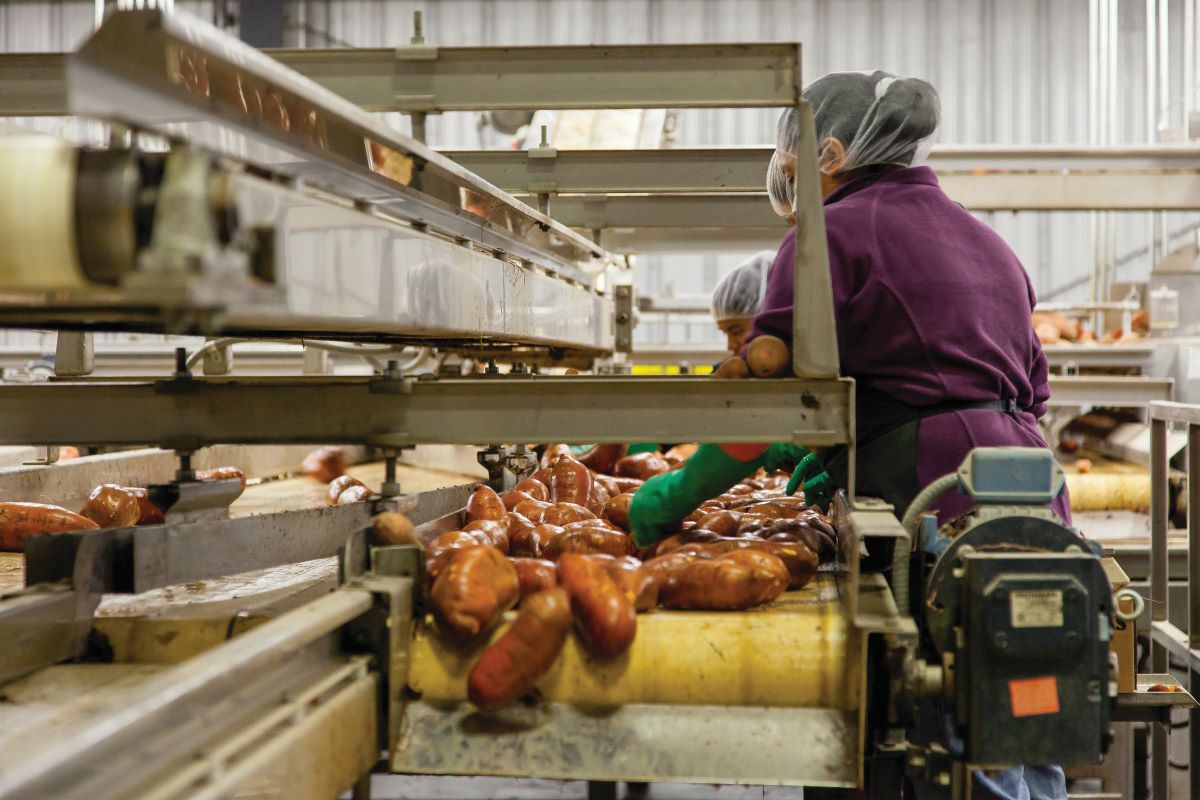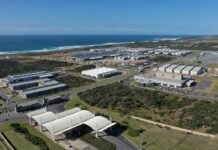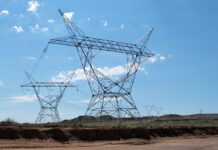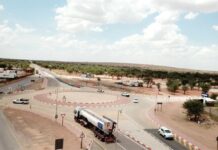The Vaal region is a historic cluster of capital-intensive and heavily-industrialised manufacturing which was underpinned by a globally-competitive mining and iron and steel sector. These experienced a marked decline from the 1990s, but plans are underway to revive the region, using the tried and tested method of creating a Special Economic Zone (SEZ) as a hub for business activity.
Where the Vaal SEZ is unique is that various satellite hubs will work out from a central hub like spokes in a wheel, thus exploiting the existing strengths of particular sites and spreading economic benefits across the area more widely.
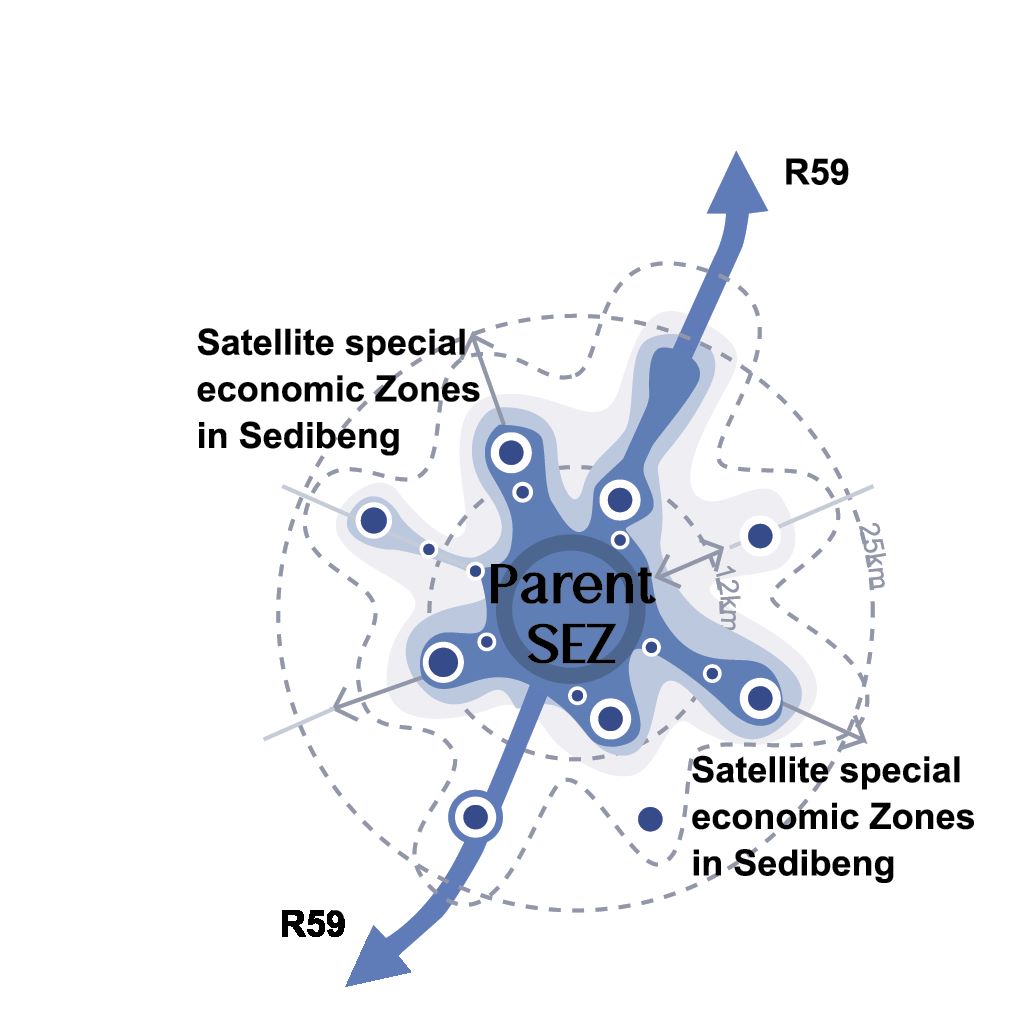 The Vaal SEZ is to be created within the Sedibeng District Municipality, which already has several attractive assets for would-be investors:
The Vaal SEZ is to be created within the Sedibeng District Municipality, which already has several attractive assets for would-be investors:
- An existing manufacturing base (eg, Heineken, ArcelorMittal, SASOL, SA Steel Mills) and a history of industrial activity
- Agricultural land available for development
- Affordable industrial and commercial land earmarked for development
- Vaal River, tourism
- Vaal Dam, tourism
- Existing university and graduates
- Young population with huge potential
- Skilled artisans
- Excellent rail and road connections
- Proximity to three of South Africa’s largest metropolitan markets, namely Johannesburg, Ekurhuleni and Tshwane
Regenerate the Vaal area and support economic activity
The Vaal region presents a compellingly unique value proposition of a thriving regional value-adding industrial economy which effectively leverages its comparative locational attributes and resource endowments. In addition to spearheading the revival of the existing industrial manufacturing base, it will also facilitate the creation of new growth and differentiation opportunities which include low-carbon manufacturing, energy, agriculture and agro-processing.
Despite the ongoing challenges that have faced Vaal businesses over the years, it has been found that existing businesses have continued to support communities and explore ways to be more sustainable. Significant investment continues to be made by existing businesses and this bodes well for how the region is viewed by its residents – a vote for the future.
Investment as transformation
There is a strong case for investors to join and benefit from a green energy-fuelled re-industrialisation of the Vaal region. This will transform this industrial basin into the country’s preeminent hub for low-carbon manufacturing and renewable energy production.
The Vaal SEZ is connected to other national and provincial initiatives in Gauteng. This regional development aims to create linkages and the integration of the host province’s growth strategies with the local economic development strategies of the host municipalities to national economic initiatives.
Targeted investment strategy
- High-impact investments into the food, agriculture and agro-industries value chain
- Investment in gateway logistics (air, road, rail, river) to exploit the locational advantages of the Sedibeng District
- Investment in the Blue Economy and the Tourism Sector using the advantages of the Vaal River
- Building a Smart City along the Vaal River to enable SEZ development and to drive urban regeneration
- Building strong local linkages between township/rural economies with the value chains that the Vaal SEZ will develop and strengthen
Cannabis
- The cannabis economy is projected to grow quickly.
- Available land
- Land is available for future development.
- Land is affordable
Low-carbon economy clusters
- Solar and battery storage
- The circular economy
- Biomass
- Carbon capture
- The hydrogen economy: aim to be South Africa’s preeminent hub for the hydrogen economy
Agro-processing
- Food, beverages, agro-processing and agribusiness
- Agro-processing – plant products and value chains
- Agro-processing – livestock and value chains
Logistics
- Warehousing and storage – packaging
- Expansion of gateway logistics and infrastructure
- Logistics – exploiting locational advantages
Skills development and training
- Formalised relationship with tertiary educational institutions
- Development with a purpose
- Pool of skilled resources for industry
- Training for future skills
Light manufacturing and infrastructure
- Maintenance of existing assets
- Creating new and sustainable infrastructure to support targeted industrial activities
- The Vaal Dam is a significant asset
